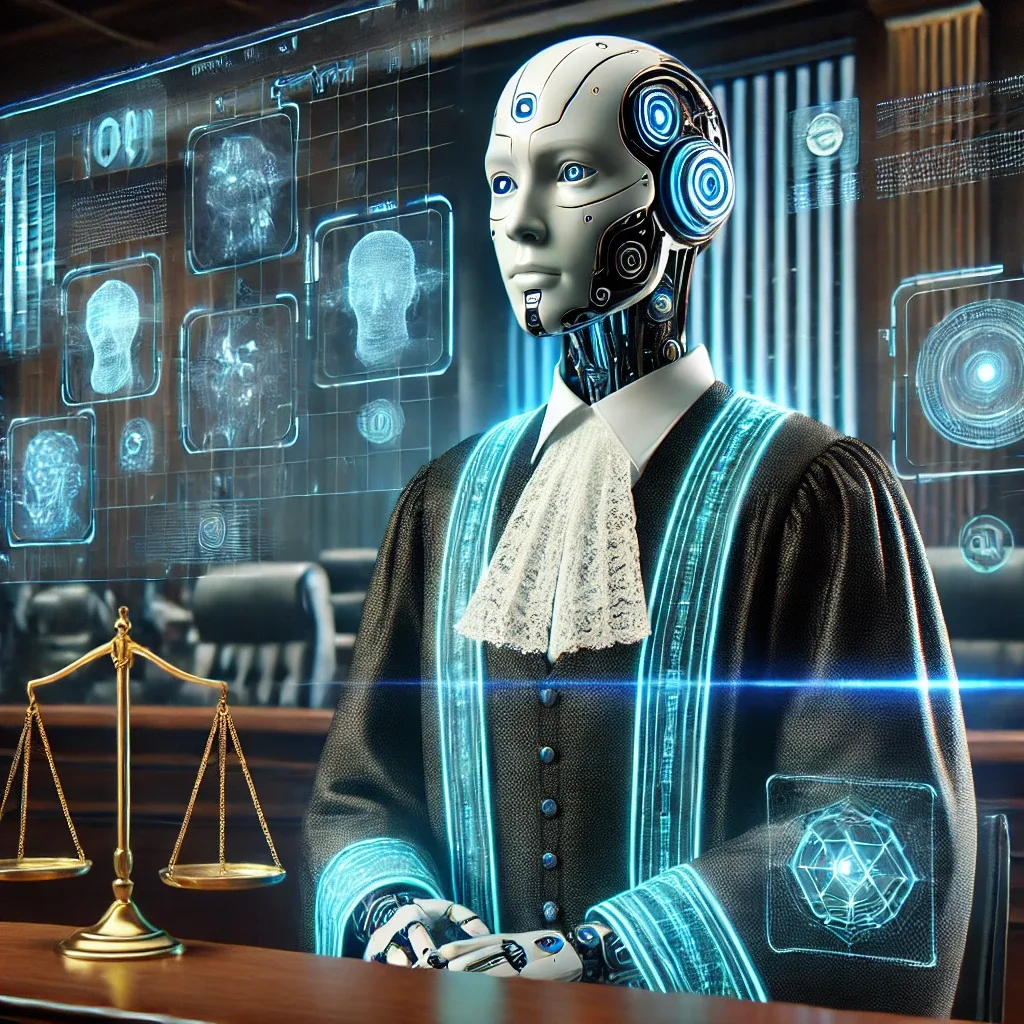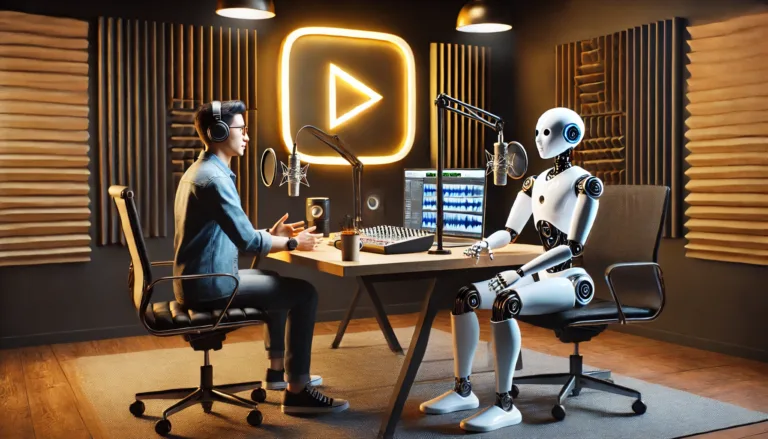Artificial Intelligence (AI) is increasingly being integrated into various aspects of society, from business management to healthcare, and it’s logical to consider whether AI could someday serve as a judge. The question of whether AI can adjudicate legal disputes touches on complex issues of technology, ethics, and law. Below, we’ll explore the possibilities, challenges, and implications of AI as a judge, adhering to SEO guidelines by using active voice and concise sentences.
The Possibility of AI Judges: How and When?
AI’s potential to serve as a judge hinges on advancements in several key areas:
- Natural Language Processing (NLP): For AI to understand legal language, it needs to master NLP, enabling it to process legal documents, precedents, and testimonies accurately. Current NLP models like GPT-4 and BERT are advancing rapidly, suggesting that AI could soon understand complex legal texts almost as well as humans.
- Expert Systems and Machine Learning: Expert systems, which use a knowledge base and inference engine to make decisions, could be combined with machine learning to create a system capable of legal reasoning. Such a system would need to be trained on a vast amount of legal data, including case law and statutes, to make informed decisions.
- Implementation Timeline: While the technology is advancing, AI judges won’t be a reality in the near future due to legal and ethical hurdles. Optimistically, partial implementation, such as AI assisting human judges in analyzing cases, could be seen in the next decade. Full autonomy might take several more decades and would require extensive testing, legal reform, and societal acceptance.
Can AI Be as Good as Human Judges?
Evaluating whether AI can match or exceed human judges involves considering various criteria:
- Consistency and Impartiality: One of AI’s strengths is its ability to process information without emotional bias. Unlike human judges, AI would not be influenced by personal prejudices, societal biases, or emotional reactions, potentially leading to more consistent rulings.
- Data-Driven Decisions: AI can analyze vast amounts of data faster and more comprehensively than humans. This capability could be useful in cases requiring intricate analysis of evidence or where statistical probabilities play a role, such as in fraud cases.
- Challenges with Human Nuance: Human judges often rely on emotional intelligence and intuition when making decisions. They can interpret non-verbal cues, assess the credibility of witnesses, and consider the broader societal implications of their rulings. AI currently lacks these capabilities and might struggle in situations requiring empathy or moral judgment.
- Ethical Concerns: The use of AI in judicial roles raises ethical questions about accountability, transparency, and fairness. If an AI judge makes an error, determining who is responsible would be complex. Moreover, AI’s lack of transparency in decision-making processes could undermine public trust in the judicial system.
Potential Benefits of AI Judges
- Efficiency and Accessibility: AI could significantly reduce the backlog of cases in overburdened judicial systems. By handling routine cases, AI judges could free human judges to focus on more complex issues. Additionally, AI could improve access to justice in remote or underserved areas by providing quicker resolutions.
- Reduction of Human Error: Human judges are prone to cognitive biases and errors due to fatigue, stress, or lack of specialized knowledge. AI could help mitigate these issues by providing consistent and data-driven decisions.
- Enhanced Legal Research: AI can assist human judges by providing instant access to relevant case law and statutes, improving the quality and speed of legal research and decision-making.
Drawbacks and Risks of AI Judges
- Lack of Human Understanding: AI lacks the capacity for empathy, a critical component in cases involving human rights, family law, and criminal justice. It may not fully grasp the nuances of individual circumstances, leading to decisions that, while legally sound, might be perceived as unjust.
- Bias in AI Systems: AI systems can inherit biases present in their training data. If the data used to train an AI judge reflects societal biases, the AI could perpetuate these biases, leading to unfair outcomes. Unlike human judges, who can be trained to recognize and mitigate their biases, correcting bias in AI systems is more challenging.
- Legal and Ethical Challenges: Implementing AI judges would require significant changes to existing legal frameworks. Questions about the legality of AI judgments, the right to a fair trial, and the appeal process for AI decisions would need to be addressed.
Current Applications and Future Directions
While fully autonomous AI judges are not yet feasible, AI is already being used in legal settings:
Legal Research and Analysis: AI tools like LexisNexis and Westlaw Edge help lawyers and judges find relevant cases, statutes, and legal opinions, improving the efficiency of legal research.
Predictive Analytics: AI can predict the outcomes of legal cases based on historical data, helping lawyers and litigants make informed decisions about whether to settle or proceed to trial.
Dispute Resolution: AI is being used in online dispute resolution platforms to mediate small claims and contractual disputes. This application could be expanded to more complex cases as the technology matures.
Conclusion: The future of AI in the judicial system is likely to be a hybrid model, where AI assists human judges rather than replacing them entirely. This approach would leverage AI’s strengths in data analysis and consistency while retaining human judges’ ability to understand complex social and moral issues.
For now, AI’s role in the courtroom will likely be supportive, assisting with legal research, case management, and routine decision-making. As technology and societal attitudes evolve, AI could take on more substantive roles, but this would require significant legal and ethical safeguards to ensure justice is served fairly and transparently.




